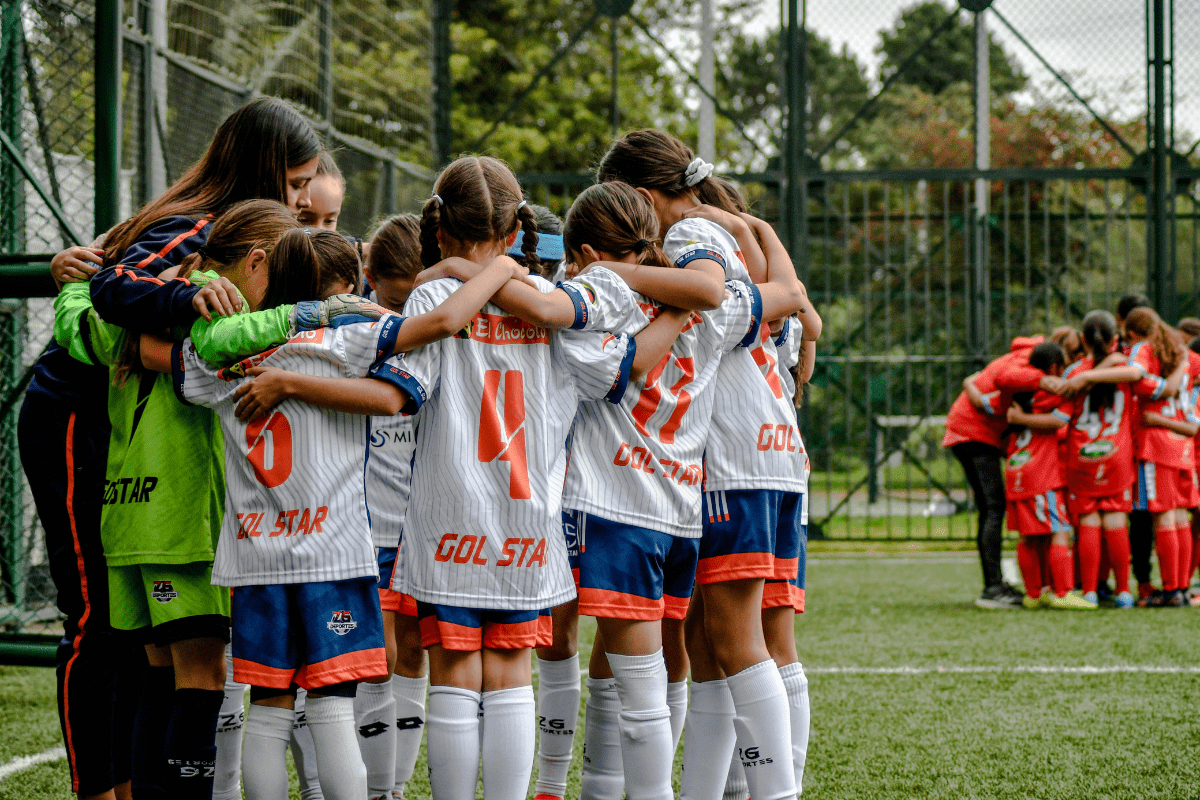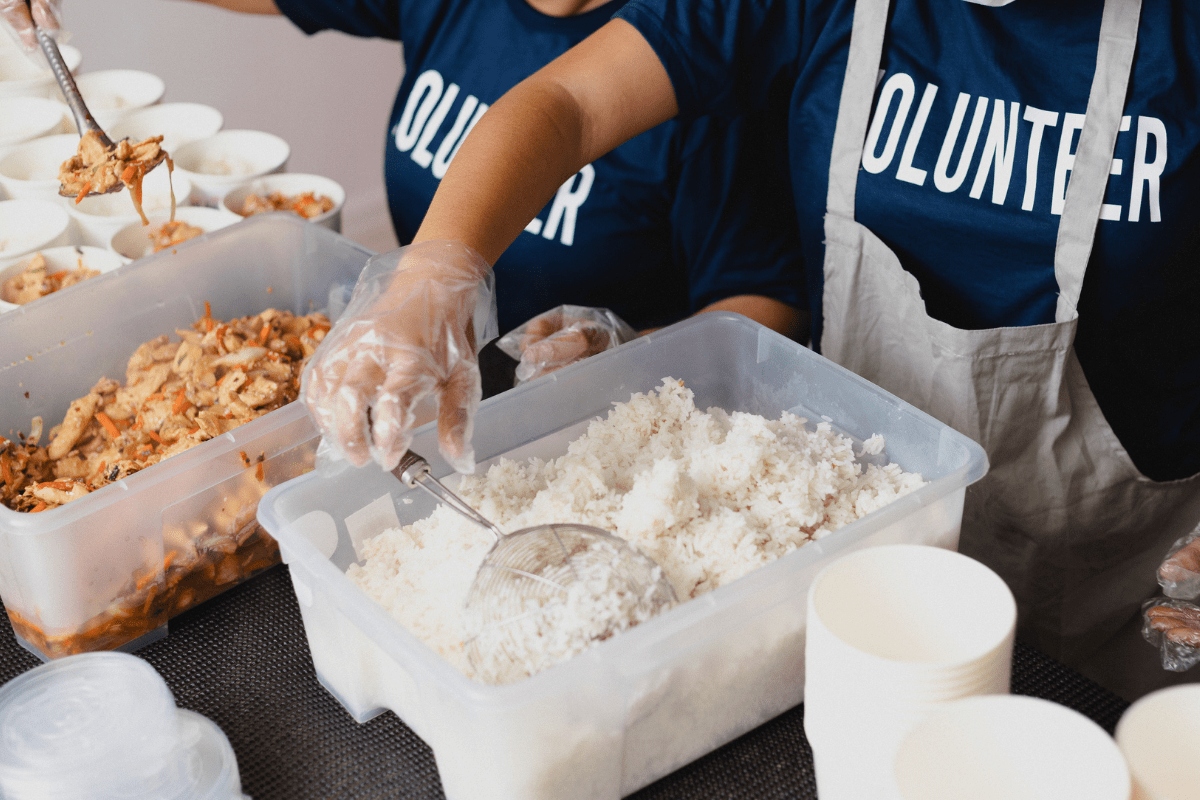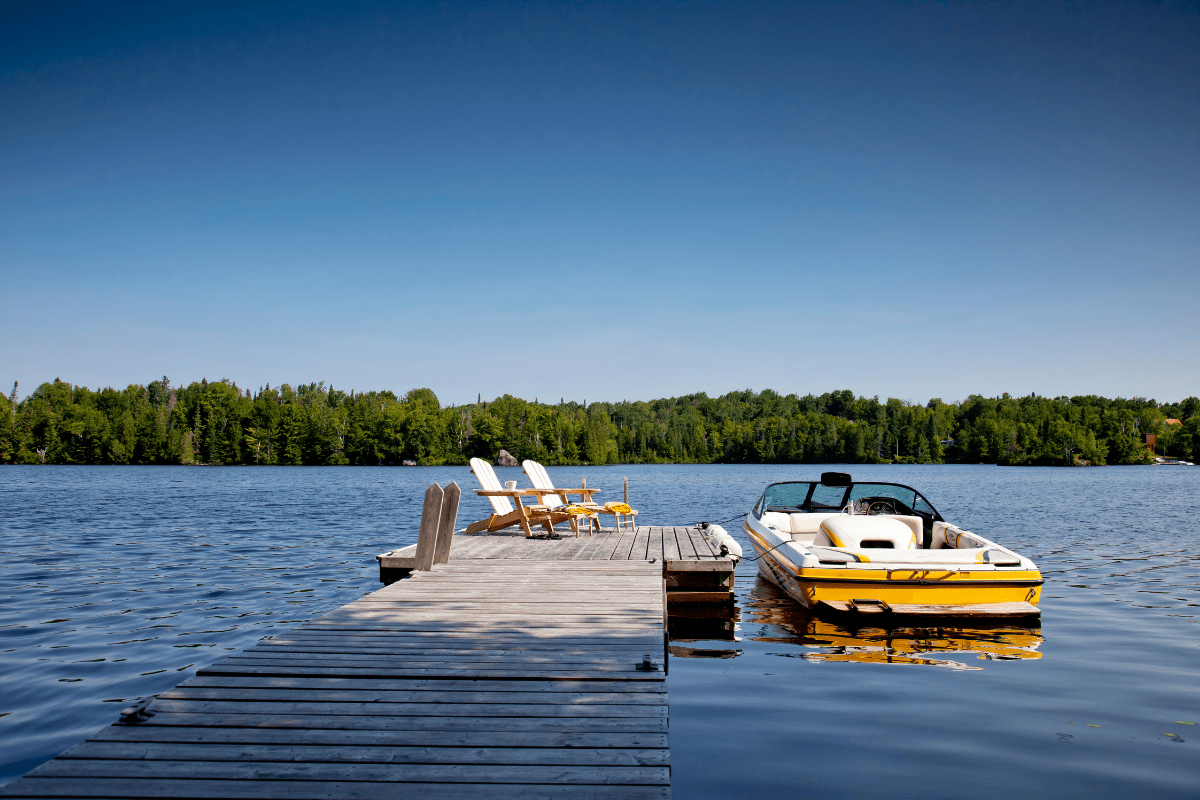Georgetown families navigating after-school options face an overwhelming array of choices, from budget-friendly community programs to specialized camps that cost more than your monthly car payment. With over 13,400 students enrolled in Georgetown ISD and our city growing faster than my teenager's shoe size, finding the right after-school solution has become as essential as remembering which day is pajama day at school.
The good, the affordable, and the "are you kidding me?"
Let's start with the best news first, because who doesn't need some good news when facing another school year of juggling work schedules, pickup times, and that dreaded 3 PM to 6 PM window when kids are unsupervised and apparently plotting world domination. Georgetown actually offers some incredible deals on after-school care that won't require you to sell a kidney or take up a second job driving for Uber.
The absolute champion of affordable after-school care is the Boys & Girls Club of Georgetown, which charges just $25 annually per child or $50 for the entire family. Yes, you read that correctly. Twenty-five dollars. For the entire year. That's less than what I spent on coffee last week. Located at 1100 Thousand Oaks Blvd, they're open from 3 PM to 6:30 PM on school days and extend to 7:30 AM to 5:30 PM during breaks and summer.
The best part? They provide free transportation from GISD schools, which means you don't have to leave work early or perform complex carpool gymnastics. Military families get free membership, and the programs include everything from homework help to sports and arts activities for ages 5 through 18. It's like finding a unicorn that also does your taxes.
The Georgetown Family YMCA currently operates from a temporary spot at 3010 Williams Dr while they plan their fancy new facility opening in late 2026. Their Y Afterschool program serves kindergarten through 5th grade with transportation from all eleven Georgetown elementary schools. The YMCA offers financial assistance for qualifying families, and during summer they run Camp Brightwell alongside youth sports leagues. Just don't expect to find a pool at the temporary location, unless you count the puddles in the parking lot during rainy season.
For families who prefer the "free" price point (and really, who doesn't?), the Georgetown Public Library at 402 W Eighth St offers completely free after-school programming. They've got homework help, teen programs, and summer reading initiatives. The library stays open until 8 PM Monday through Thursday, which is perfect for those of us with commutes averaging 27 minutes. Plus, they won a National Medal for Museum and Library Service in 2018, so you know they're not just winging it.
The Georgetown Project takes a different approach by bringing programs directly to where kids already are. Their NEST Empowerment Center provides free support specifically for high school students experiencing homelessness or instability, while their After School Action Program operates right on middle school campuses. No transportation worries when the program comes to you. During summer, they even offer paid internships through their Youth Employment Program, turning supervision into job experience. It's like getting two birds with one stone, except nobody's throwing stones at birds because that would be terrible.
Georgetown Parks and Recreation leverages our city's 46 parks to offer diverse programming at prices that won't make you hyperventilate. The Georgetown Recreation Center at 1003 N Austin Ave hosts martial arts, dance classes, and swim lessons. Their summer Camp Goodwater runs 7 AM to 6 PM at $170 weekly for residents and $215 for non-residents. Adventure Camps for the 11 to 15 crowd incorporate rock climbing and kayaking at $295 to $450 per week. Yes, that's pricier, but your kid gets to rappel down actual rocks instead of just climbing the walls at home.
The transportation tango
Here's where things get tricky. Georgetown's public transportation system is about as robust as my attempts at TikTok dances, which is to say, not very. We've got the CARTS Interurban Coach that makes two daily runs to Austin and GoGeo paratransit for seniors and disabled residents. That's it. That's the list.
This means that programs offering transportation become worth their weight in gold-plated Pokemon cards. The Boys & Girls Club and YMCA both coordinate with GISD buses, eliminating one of the biggest barriers for working families. The Georgetown Project's strategy of operating on school campuses is genius-level problem-solving.
For programs without transportation, you're looking at:
- Organizing carpools with other parents
- Using the RideGTX partnership with Uber
- Biking (if you're brave and close)
- Teleportation (still in beta testing)
Our city has 32 miles of off-street trails, which sounds impressive until you realize they have more gaps than my knowledge of contemporary music. The Georgetown Bicycle Master Plan promises 86 total miles of interconnected bikeways someday, but "someday" doesn't help you get Madison to gymnastics on Tuesday.
Private programs that cost more than your first car
Once you venture into the world of private after-school programs, prices start climbing faster than property taxes in Williamson County. But sometimes you need specialized instruction, and Georgetown delivers options ranging from "reasonable" to "did they gold-plate the equipment?"
Texas Twisters Gymnastics operates a family-owned facility that welcomes everyone from wobbling preschoolers to actual adults who still dream of Olympic glory. They keep class sizes small and have a viewing lobby where parents can watch their investments, I mean children, learn to defy gravity. Monthly tuition typically runs $100 to $200 for weekly classes, which seems reasonable until you factor in meet fees, special leotards, and the inevitable physical therapy bills.
John's Gym Georgetown holds the distinction of being our city's only Brazilian Jiu-Jitsu and MMA facility. Coaches JJ and John welcome all ages, from tiny warriors to adults having midlife crises. They maintain a family-friendly atmosphere, which presumably means less cage-fighting and more controlled grappling.
The dance scene in Georgetown offers something for everyone who's ever watched Dancing with the Stars and thought "I could do that." Arts Avenue Theater & Dance provides Christian-based instruction in everything from classical ballet to hip-hop. Arthur Murray Dance Center Georgetown focuses on adult ballroom and Latin dance in their 2,600 square foot facility at 3010 Williams Dr. Dance Empower emphasizes technical training alongside life skills, because apparently pirouettes teach responsibility.
Swimming lessons range from city-run group classes at the Recreation Center to private instructors who come to your home pool. The public option costs $30 to $50 for a session, while private lessons run $60 to $100 per hour. For those without pools, Aqua-Tots in Round Rock maintains a toasty 90-degree indoor pool with 4:1 student ratios. Just be prepared for the chlorine smell to permanently embed itself in your car upholstery.
STEM programs for future world leaders
If your child shows more interest in robots than running around, Georgetown's STEM offerings have expanded beyond "here's a calculator, good luck." ESTEAM Learning Labs operates at three locations including the GT School at 2351 Westinghouse Rd. They teach digital art, robotics, and coding to ages 8 through 14 using hands-on team approaches. Because nothing says "learning" like watching kids argue about whose robot should be team captain.
Snapology of Leander brings LEGO-based learning to Georgetown inside Urban Air at 129 Canyon View Rd. Yes, they combined education with a trampoline park, proving that someone understands how kids' brains actually work. Classes blend STEM concepts with the adventure park environment, creating either the perfect learning atmosphere or complete chaos, depending on your perspective.
For traditional academic support, pickings get slimmer than the vegetable selection in my kids' lunchboxes. Kumon maintains an Instagram presence suggesting they exist somewhere in Georgetown, though finding their actual location requires detective skills. Many families end up driving to Round Rock or Austin for established tutoring centers, adding "chauffeur" to the already lengthy parental job description.
What's this going to cost me?
Let's talk real numbers, because budget planning with vague estimates is like grocery shopping while hungry. Here's what Georgetown families actually pay:
Community programs offering incredible value:
- Boys & Girls Club: $25 to $50 annually
- Library programs: Free (favorite price)
- Parks & Rec activities: $125 to $450 weekly
- YMCA: Sliding scale available
Private instruction that requires budget consideration:
- Martial arts/gymnastics: $100 to $200 monthly
- Specialized camps: $240 to $600 weekly
- Private swim lessons: $60 to $100 hourly
- Elite programs: Up to $100 per hour
With Georgetown's median household income at $91,857, many families can afford premium programs. But for those who can't, financial assistance exists through multiple channels. The Texas Child Care Services program provides state subsidies for eligible families. The YMCA maintains sliding-scale fees, Georgetown Parks & Recreation offers scholarships through Friends of Georgetown Parks & Recreation, and Exceptional Georgetown Alliance specifically supports adaptive camp programs for children with developmental disabilities.
During summer, Georgetown ISD provides free meals at select campuses, addressing food security alongside childcare needs. Because nothing ruins a budget faster than feeding growing children who apparently have hollow legs.
School schedules and the logistics nightmare
Georgetown ISD's staggered dismissal schedule creates different challenges depending on your child's age. Elementary schools release at 3:03 PM, creating the longest gap before typical 6 PM pickup. High schools dismiss at 4:00 PM, leaving minimal unsupervised time for teens to get into trouble. Middle schools end at 4:20 PM, which poses unique challenges since this age group has fewer program options despite starting school at 9:00 AM.
These schedules mean elementary parents need the most coverage, while high school parents mainly worry about keeping teens busy enough to avoid questionable decision-making. Middle schoolers fall into an awkward gap where they're too old for "little kid" programs but not quite ready for complete independence. It's like the adolescent years weren't challenging enough already.
Why after-school programs matter beyond babysitting
Before you feel guilty about parking your kid in after-school care, let's review what research actually says about these programs. Students attending quality after-school programs show gains up to 20 percentiles in elementary math scores and 12 percentiles for middle schoolers. That's not just supervision; that's actual academic improvement.
The peak hours for juvenile crime fall between 3 PM and 6 PM, exactly when unsupervised kids have maximum opportunity for poor choices. Quality programs provide structure during these critical hours while developing self-regulation and decision-making skills.
Physical activity programs help kids meet the American Academy of Pediatrics' recommendation of 60 minutes daily exercise, combating childhood obesity while burning off energy that would otherwise be directed at destroying your living room. Performing arts participants are four times more likely to receive academic recognition, proving that all those dance recitals actually serve a purpose beyond testing parental endurance.
STEM programs show particular promise, with 65 to 85 percent of participants reporting increased STEM engagement and career interest after just four weeks. Given that 41.6 percent of Georgetown adults hold bachelor's degrees, our educated population likely values this STEM preparation. Or at least pretends to understand it when kids excitedly explain their robotics projects.
However, beware the overscheduling trap. Warning signs include:
- Physical symptoms like headaches
- Behavioral changes including irritability
- Academic impacts from incomplete homework
- Your family calendar looking like airline routes
- Kids falling asleep in their dinner
- You forgetting which activity happens when
- General family chaos exceeding normal levels
Summer and seasonal programs
Summer in Georgetown brings a multiplication of program options and a corresponding multiplication of costs. Parks and Recreation's Camp Goodwater provides the most economical full-day option at $170 weekly, while private camps can reach $500 to $600 weekly for specialized programs. Georgetown ISD offers various summer programs, though spots fill faster than the Kalahari water park on opening day.
Registration for summer camps typically opens in early spring, and popular programs fill by March. This means planning summer in January, which feels wrong when you're still recovering from winter break. The Boys & Girls Club maintains extended summer hours with the same affordable pricing, making them the MVP of summer childcare.
Making the right choice for your family
After wading through all these options, how do you actually choose? Start by honestly assessing your family's needs. Do you need comprehensive daily coverage or just Tuesday enrichment? Can you handle transportation or do you need pickup included? What's your actual budget versus your aspirational budget?
Quality indicators to evaluate:
- State licensing for childcare programs
- Background check policies
- Staff-to-child ratios (aim for 10:1)
- Trial periods available
- Other parents' experiences
- Your gut feeling
- Kid actually wants to attend
Join the Hello Georgetown Facebook group with its 45,000 members for real parent reviews that tell you which programs consistently run late, which coaches yell too much, and which facilities haven't been cleaned since the Bush administration (the first one).
Build relationships with program coordinators who often share insider information about upcoming openings or scholarship opportunities. Stay flexible as your children's interests evolve from dinosaurs to dance to computer programming to whatever comes next.
Georgetown's after-school landscape reflects our community's rapid growth and commitment to families. From the Boys & Girls Club's incredible $25 annual membership to specialized instruction in everything from Brazilian Jiu-Jitsu to robotics, options exist for every budget and interest. The key is starting your research early, being realistic about logistics, and remembering that the best program is the one that keeps your kid safe, engaged, and still speaking to you at dinner.
Whether you choose the budget-friendly community route or invest in specialized private instruction, Georgetown offers enough variety to meet your family's needs without requiring a second mortgage. Though if your kid insists on elite gymnastics, competitive dance, and private coding lessons simultaneously, that second mortgage might start looking tempting.





